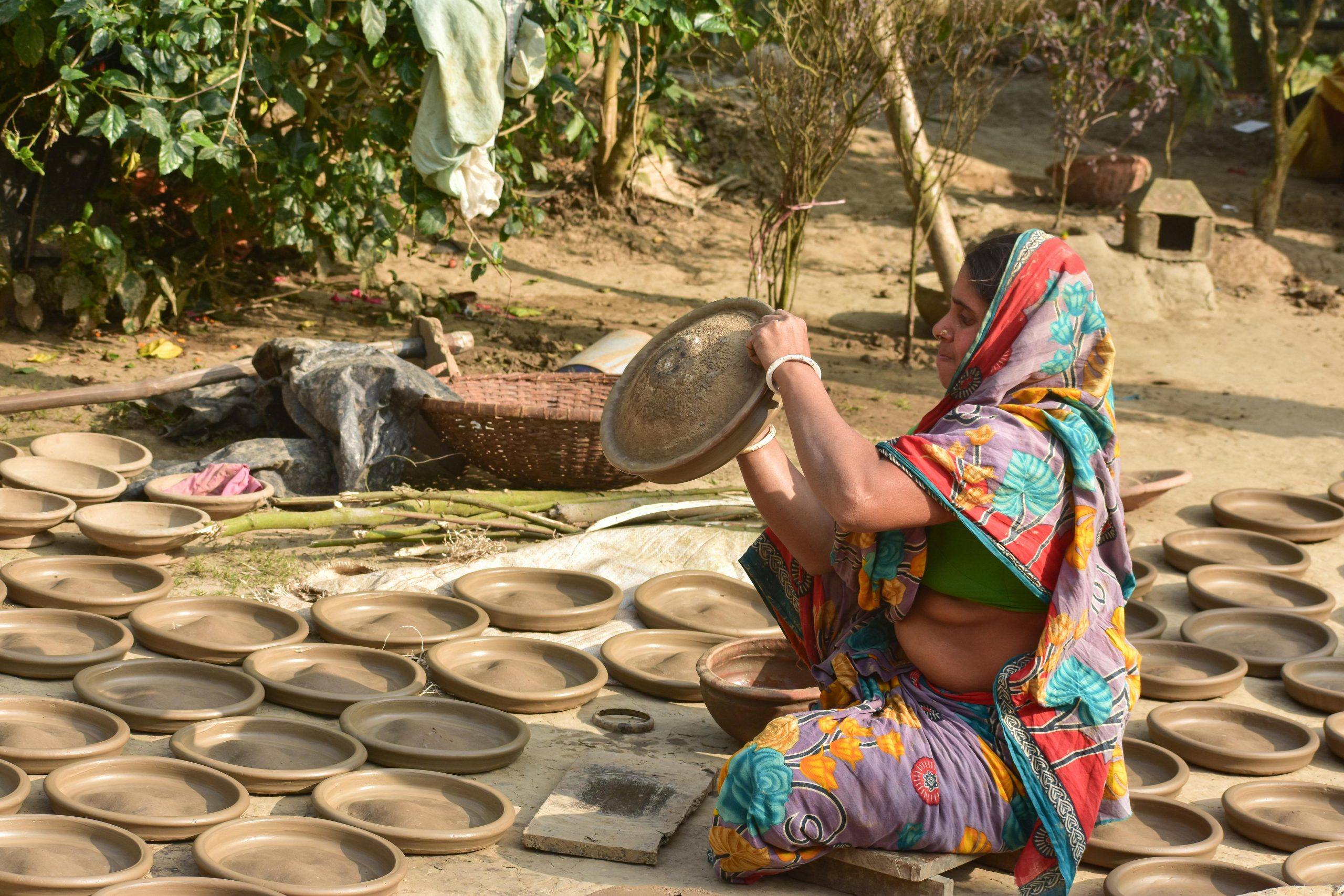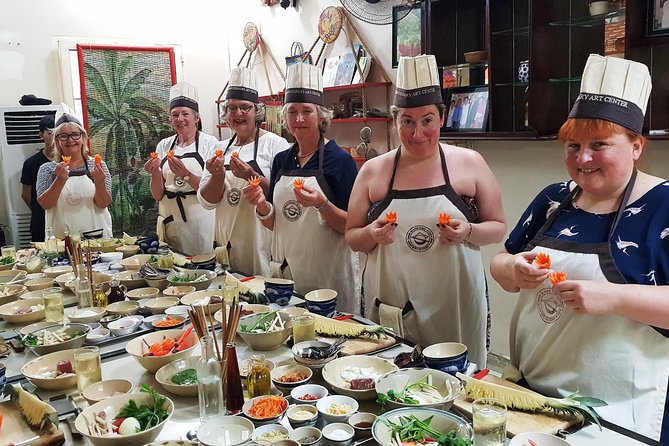In a world where ever more is dominated by mass production and machinery, artisan workshops are islands of tradition, imagination, and humanness. They are not production centers although they do produce something they are cultural hotspots where heritage, craftsmanship, and community converge. For visitors, art and culture students, or anyone who simply desires a practical experience, an excursion to or participation in artisan workshops is a highly rewarding journey into the heart of local life.
What Are Artisan Workshops?
Artisan workshops are establishments where skilled craftsmen and craftswomen make handmade products employing traditional techniques. The workshops may deal with textiles, ceramics, metal, wood, leather, glassblowing, jewelry-making, basket weaving, or cooking. They are typically family-run or community-owned and pass on their skills from generation to generation.
Key Features of Artisan Workshops
- Handcrafted Excellence: Unlike factory-made goods, workshop-made goods are unique. Each item reflects the artisan’s personal touch, craftsmanship, and imagination.
- Cultural Heritage: Artisan craft is likely to bear the history and culture of an area. Motifs, techniques, and materials used can tell us about local tradition, religion, and social mores.
- Sustainable Practices: Artisans use primarily local, natural, or recycled material. The slower, small-scale production reduces damage to the environment and promotes sustainable consumption.
- Community Empowerment: Artisan workshops generate economic livelihoods for marginalized groups, women, and indigenous peoples. They tend to be cooperatives where the members share the profit and transmit skills to the younger generation.
Artisan Workshops Globally
- Textile Weaving Workshops (India, Peru, Nigeria): In Jaipur, Cusco, and Abeokuta, for instance, textile artisans produce and dye fabric manually via block printing, ikat, or adire techniques. These workshops tend to be utilized as cultural education centers as well.
- Ceramic Studios (Morocco, Japan, Italy): Hands-on training in historic ceramics-making is done in workshops in Fez, Mashiko, or Tuscany, typically combining wheel throwing with exquisite hand painting.
- Metalwork and Blacksmithing (Turkey, Mali, Spain): From elegant Damascus steel swords to African bronze castings using the lost-wax technique, metal workshops demonstrate masterful technique and ancient art.
- Leather Crafting (Morocco, Italy, Ethiopia): Cities like Marrakech and Florence have leather tanneries and shoemakers that make custom shoes by hand, and tourists can see how the hides are converted into great products.
- Glassblowing (Czech Republic, Venice, Kenya): Glass studios create products from chandelier components to beads. An interesting spectacle is molten glass shaped by hand.
- Woodcarving (Indonesia, Ghana, Mexico): Wood craftsmen carve religious figures, ceremonial masks, and furniture. Balinese and Ashanti workshops are also well known for their spiritual and symbolic carvings.
Participating in an Artisan Workshop
As a traveler, student, or aficionado, participating in an artisan workshop has more in store than a product it has an experience with meaning. Here’s what you can expect:
- Hands-On Learning: Most workshops offer day-long or short-term classes where one gets to work with a craft under the guidance of masters.
- Cultural Immersion: Storytelling about the craft’s origins, traditional dances and music, local food, and staying with the artisan community form part of workshops.
- Personal Souvenirs: Students carry home the product they create a handmade scarf, ceramic bowl, leather wallet, or painting which is an indelible souvenir.
How to Find Artisan Workshops
- Local Tourist Hubs: They typically recommend vetted workshops.
- Artisan Fairs & Markets: You get to directly interact with artisans and typically arrange for studio visits.
- Online Sites: Airbnb Experiences, Viator, or CraftCourses publish artisan-curated experiences worldwide.
- Cultural Organizations & NGOs: Some promote artisan communities and have learning initiatives.
Why to Support Artisan Workshops?
- Tradition Preservation: Your travel and buys ensure endangered crafts prevail.
- Ethical Consumption: You are upholding fair pay and responsible production.
- Enriched Travel: It makes your trip enrich into a learning experience of culture.
- Global Connection: Handcrafting makes you connected to people, stories, and values from all around the globe.
Artisan workshops are gateways to the heart of a people. They make you slow down, connect with artisans, and witness the magic of human art and tradition. Whether you are dyeing a scarf by hand in Nigeria, shaping ceramics in Japan, or sculpting wood in Ghana, the experience is priceless. When you patronize artisan workshops, you are not merely purchasing a product you are preserving a legacy.





Leave a Comment